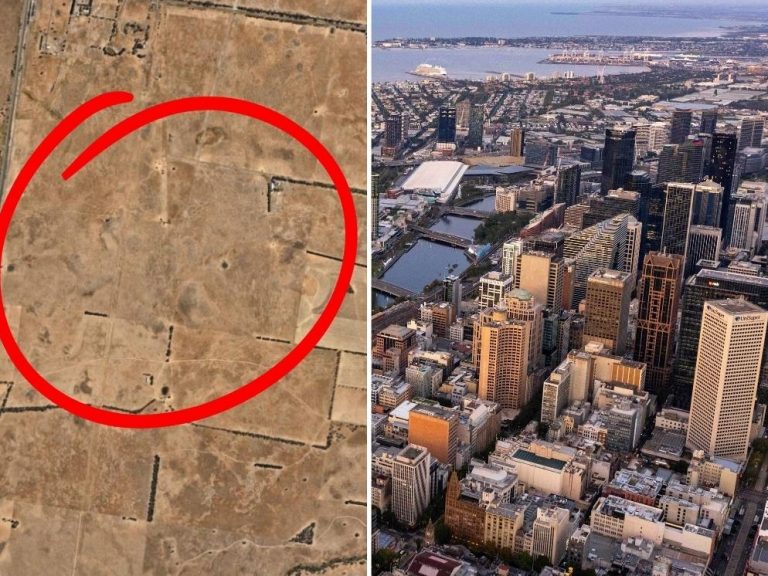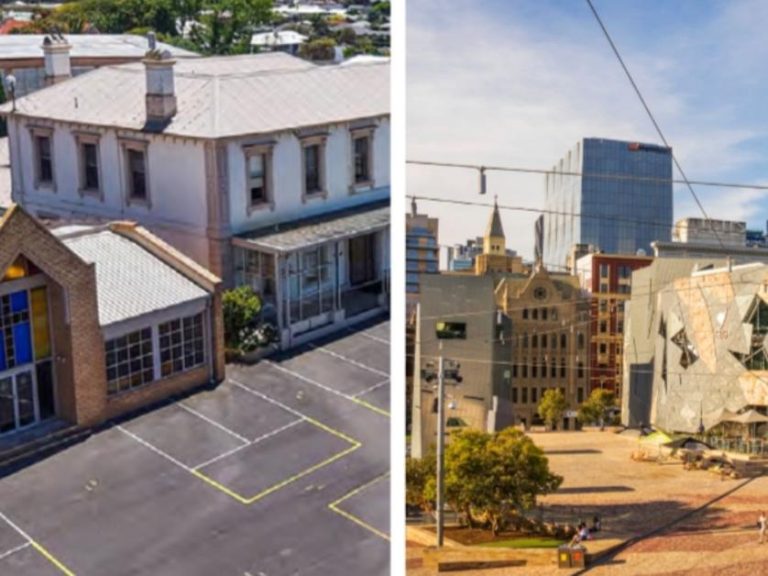Bargain boom: The Reject Shop set to explode after takeover bid
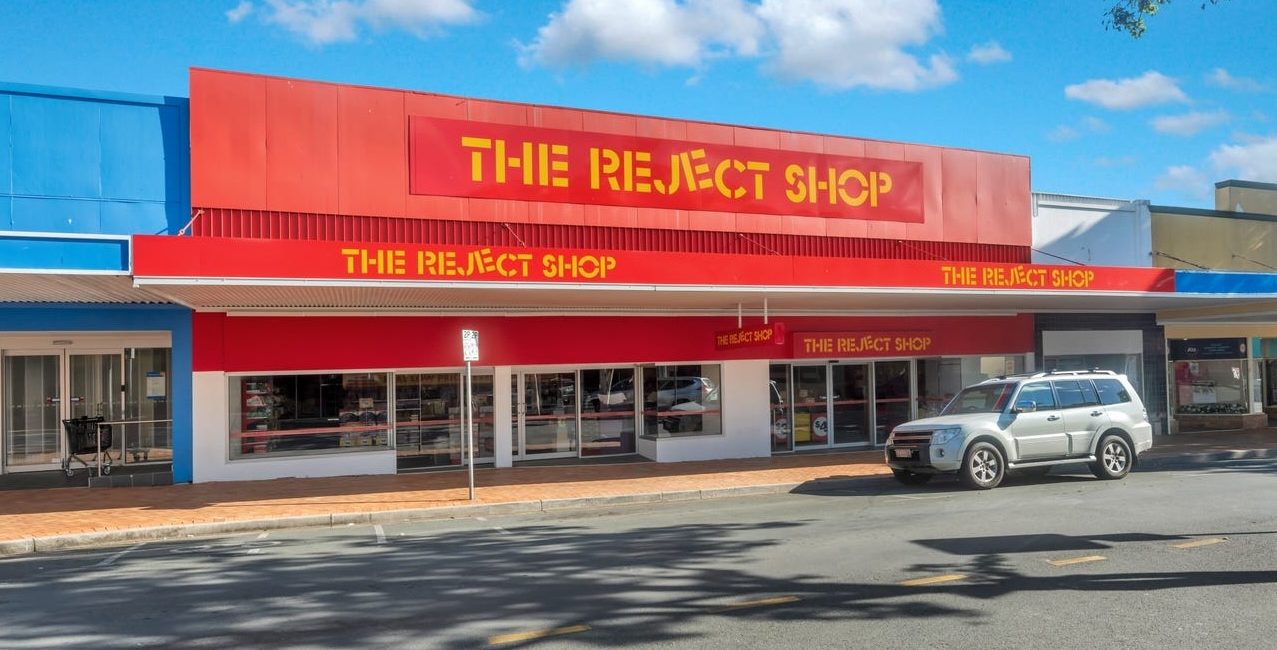
A beloved national discount chain is set to double its store count in the coming years after a foreign retail giant lobbed a $259 million takeover bid.
Canadian retailer Dollarama has offered to buy all the shares of ASX-listed The Reject Shop at a 112% premium, and has big plans for growing the Australian discount store chain.
The deal, which still hinges on a vote but is endorsed by The Reject Shop’s board and major shareholders, will bring a huge payday to investors, with the share price more than doubling as a result.
But it’s also expected to be a boon for local bargain-hunting shoppers, with Dollarama intending to grow The Reject Shop’s store count by almost 80% over the next decade, setting a target of 700 stores by 2034.
The Reject Shop is Australia’s largest discount retailer and currently has 393 stores across the country, having grown from 354 stores at the end of FY20 after the company focused more on expansion.
According to The Reject Shop’s recent half-year results, released in February prior to the announcement of the takeover bid last month, the company said it expected to open seven more stores before the end of the financial year and had a pipeline of 15 new stores beyond FY25.
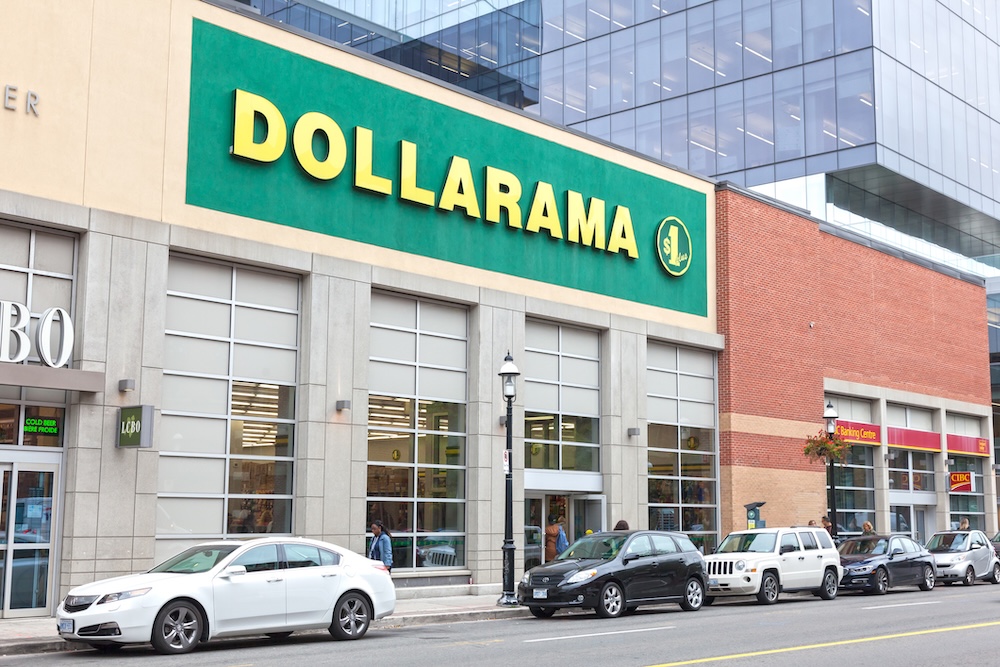
Canadian retail giant Dollarama has lobbed a bid to buy The Reject Shop, with big plans to rapidly expand the discount chain’s store count in. Picture: Getty
But Dollarama thinks it can expand the business much more rapidly than that, with its plans representing store-count growth at almost four times the rate of the past five years.
A recent Dollarama investor presentation claimed Australia has an “under-penetrated discount retail market” with “significant potential for new store openings”.
It highlighted The Reject Shop as the only “pure-play discount retailer with national scale”, and while it described the market as “competitive”, it said other big box retailers had higher price points.
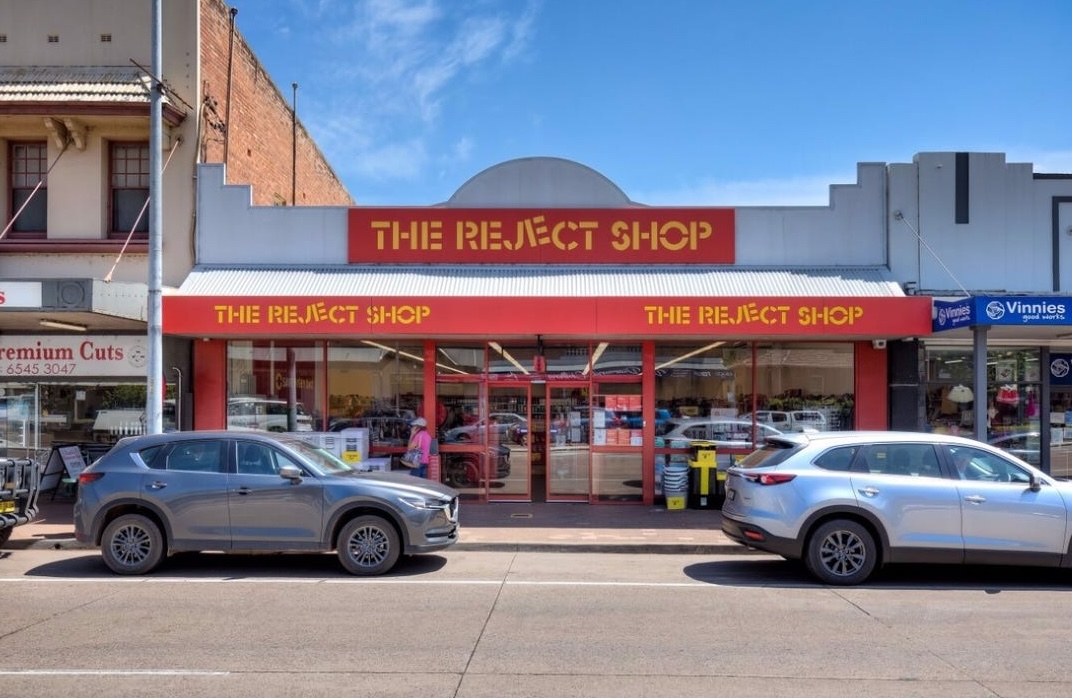
The Reject Shop is Australia’s largest discount retailer with 394 stores, but that number could be set to soar. Picture: realcommercial.com.au
Dollarama chief executive Neil Rossy said the retailer can leverage its “best-in-class merchandising, sourcing and operational expertise” to grow The Reject Shop.
The A$50 billion retail giant has 1601 stores in Canada and owns a majority stake in Dollarcity, with 588 stores across Latin America.
Its expansion plans for its core brands are just as ambitious as for The Reject Shop, with hundreds more stores planned in the Americas for the next few years.
Shoppers to benefit
Bargain-hunting shoppers are expected to benefit from the deal, which would allow Dollarama to use its global buying power to grow The Reject Shop’s product range and bring down costs, according to retail and consumer behaviour expert Professor Gary Mortimer of Queensland University of Technology.
“What I think it does is it gives consumers more choice,” he said. “I’d expect some new brands, different ranges and lower prices, which would certainly bring more competition into the marketplace.”
He said the cost of living crisis had pushed more shoppers towards value-oriented retailers, such as Kmart and Aldi.
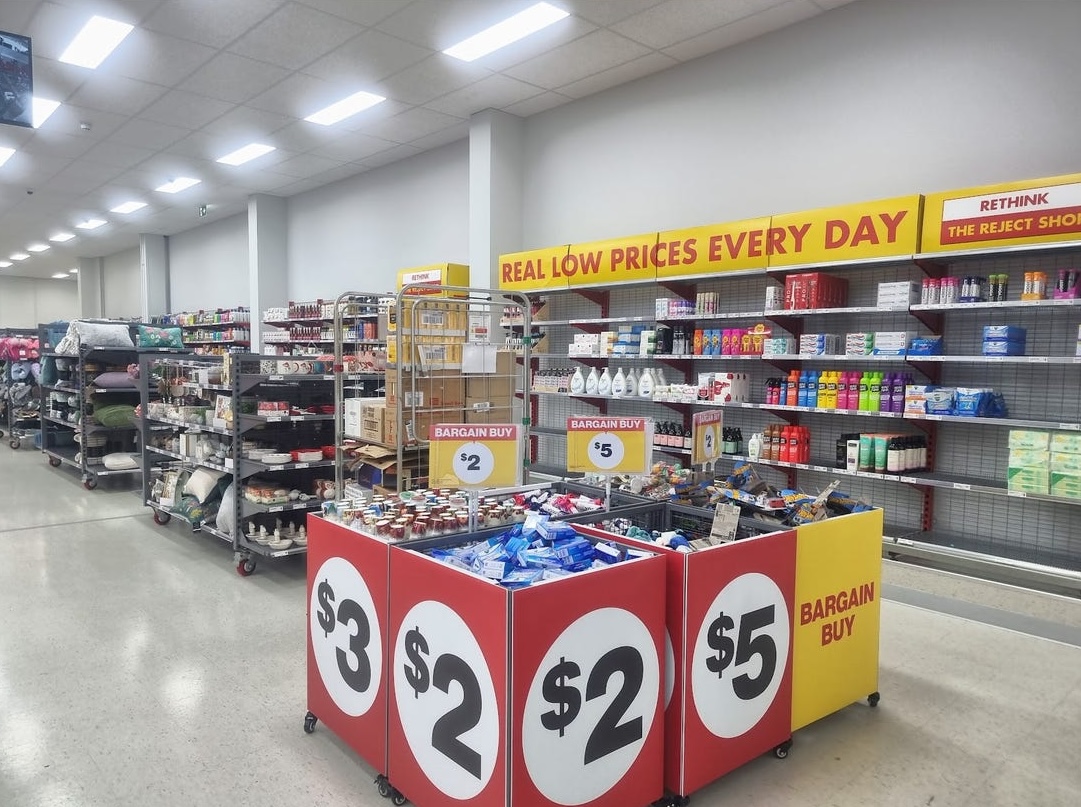
The Reject Shops potential expansion could prompt more ‘cross-shopping’ where people visit multiple retailers for groceries. Picture: realcommercial.com.au
“We know particularly when it comes to food and groceries, consumers are shopping across multiple brands.”
“We tend to forget that The Reject Shop also carries a pretty decent range of dry groceries, such as shampoo, confectionery, biscuits and chips. We might see lower prices for groceries there.”
Despite the entrant of a new global player, Mr Mortimer said the move wouldn’t cause concern among other major brands in the Australian market, which operate at a much larger scale.
“I don’t think Kmart would be worried, and Aldi is not worried at all.”
Real estate roadblock
While Dollarama’s wants to massively increase The Reject Shop’s store count, the Canadian retailer may hit a major roadblock, according to Mr Mortimer.
“I think it’s an ambitious, audacious goal, but it will be constrained by the availability of commercial real estate,” he said.
The Reject Shop could struggle to find enough suitable stores to meet growth plans, especially within shopping centres, he said, although the demise of Rivers and Noni B owner Mosaic Brands could free up some space in the short term, albeit smaller than desired.
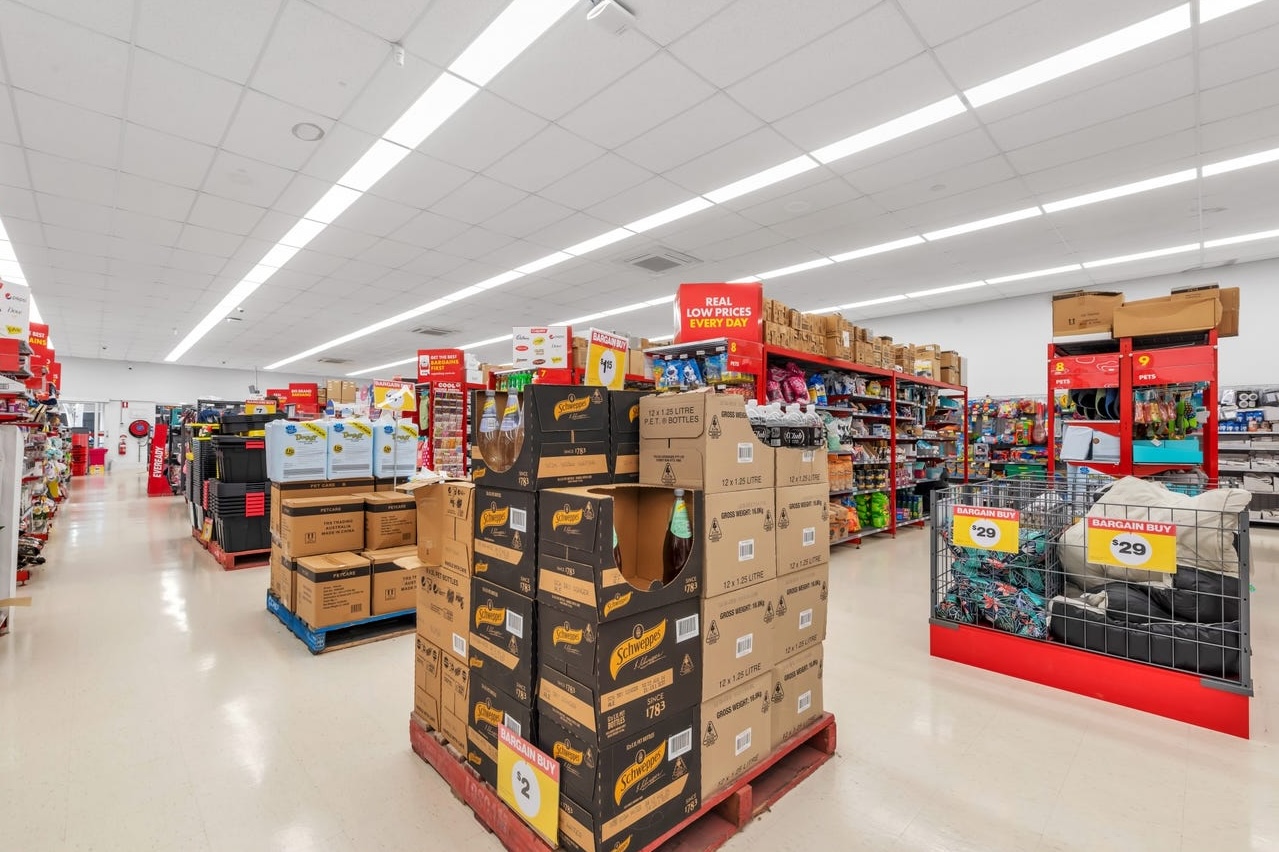
The Reject Shop typically seeks properties with a gross lettable area of 580 to 650sqm. Picture: realcommercial.com.au
“There is some commercial real estate around but it’s probably not the right size,” he said. “Those types of stores are not big enough for a Reject Shop.”
The Reject Shop’s website states its ideal store size is 600sqm with a 14-metre frontage, with stores typically located near other “everyday retailers” such as supermarkets and pharmacies.
The company looks for properties in high-traffic neighbourhood and sub-regional shopping centres as well as freestanding stores across the capitals and regions.
Humble beginnings
The Reject Shop began in 1981 whe founders Ron Hall and John Shuster opened the first store in South Yarra in Melbourne, selling seconds and discontinued lines. It currently employs more than 5000 people.
The company floated on the stock exchange in 2004 for $2 a share, with the price soaring to a high of more than $18 a share in 2010, before retreating to $3.15 last month before Dollarama’s offer to buy the company at $6.68 a share.
Dollarama evolved from S.Rossy Inc., a variety store founded by Neil Rossy’s great-grandfather Salim Rossy in 1910.
The Dollarama concept was born in the 1990s when previous chief executive Larry Rossy experimented by transforming one store into a discount retailer with all items offered for $1 or less.
The concept was then extended to the company’s stores after the experiment’s success, although the price limit has since been upped to $5 after the product range was expanded.

